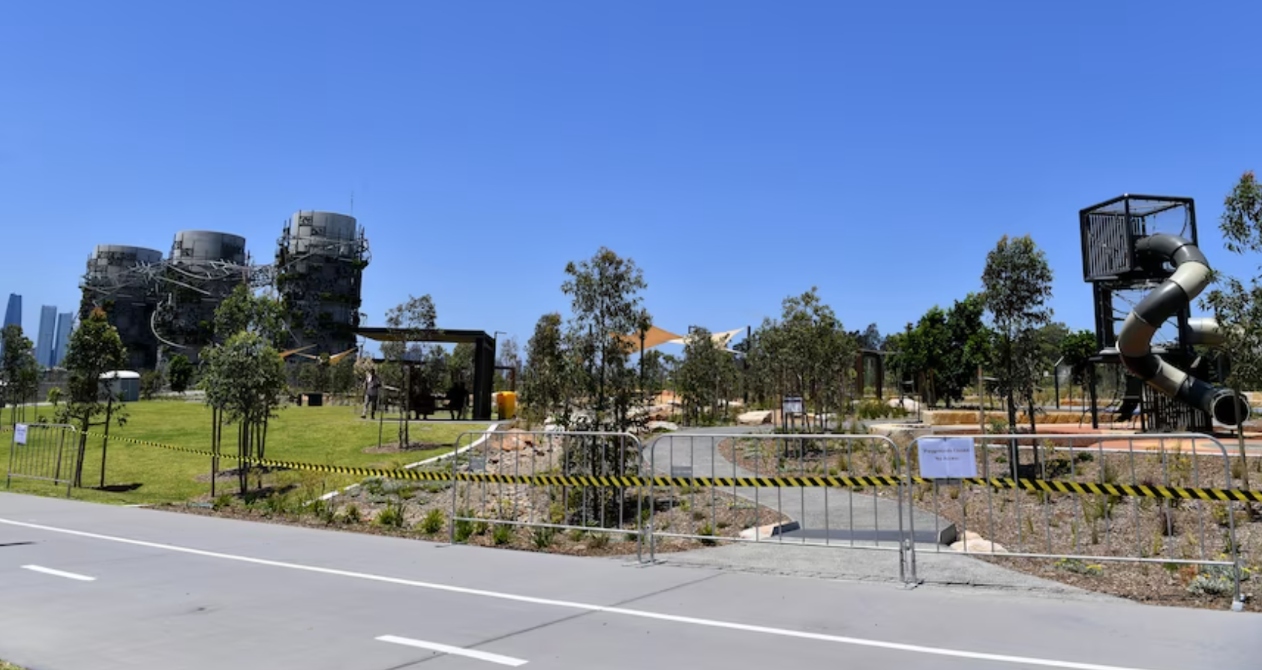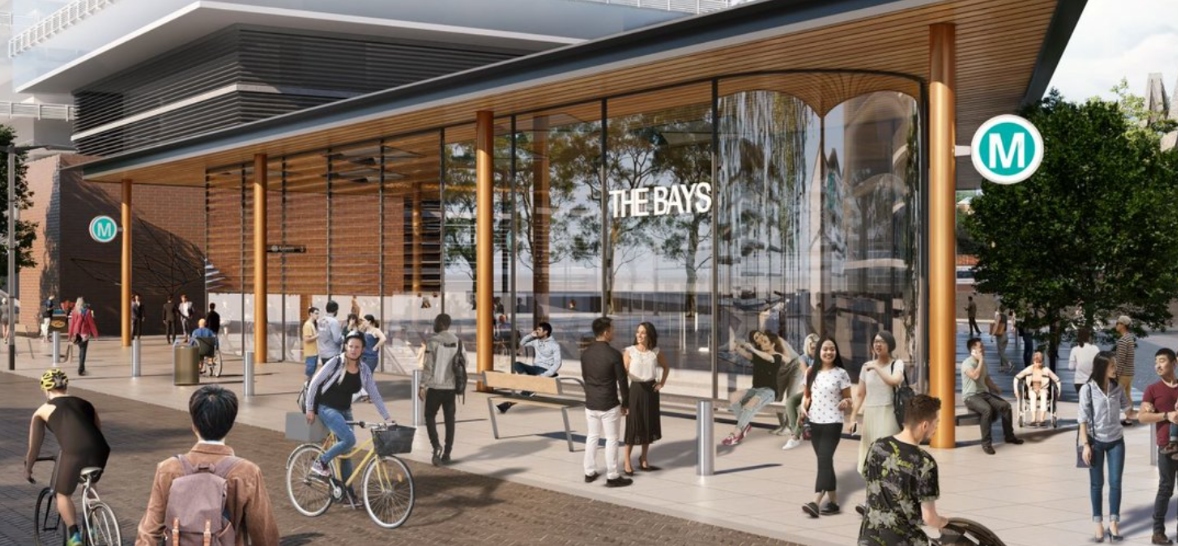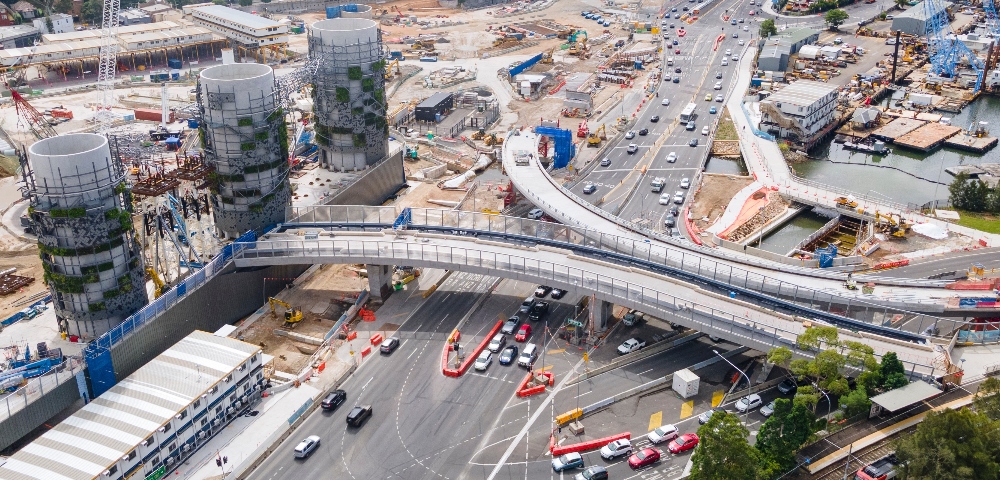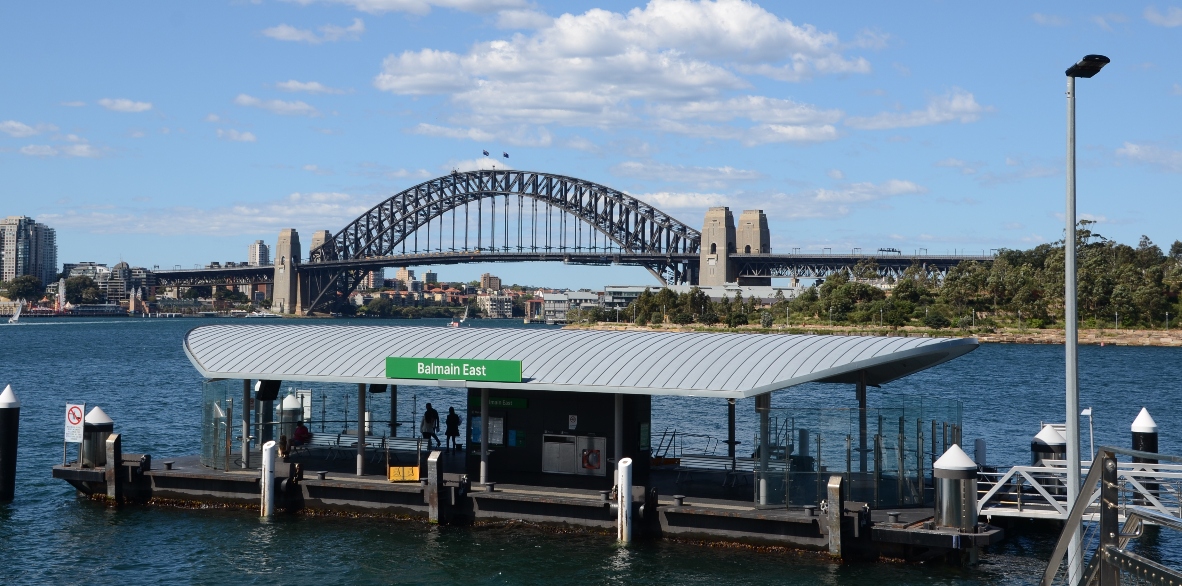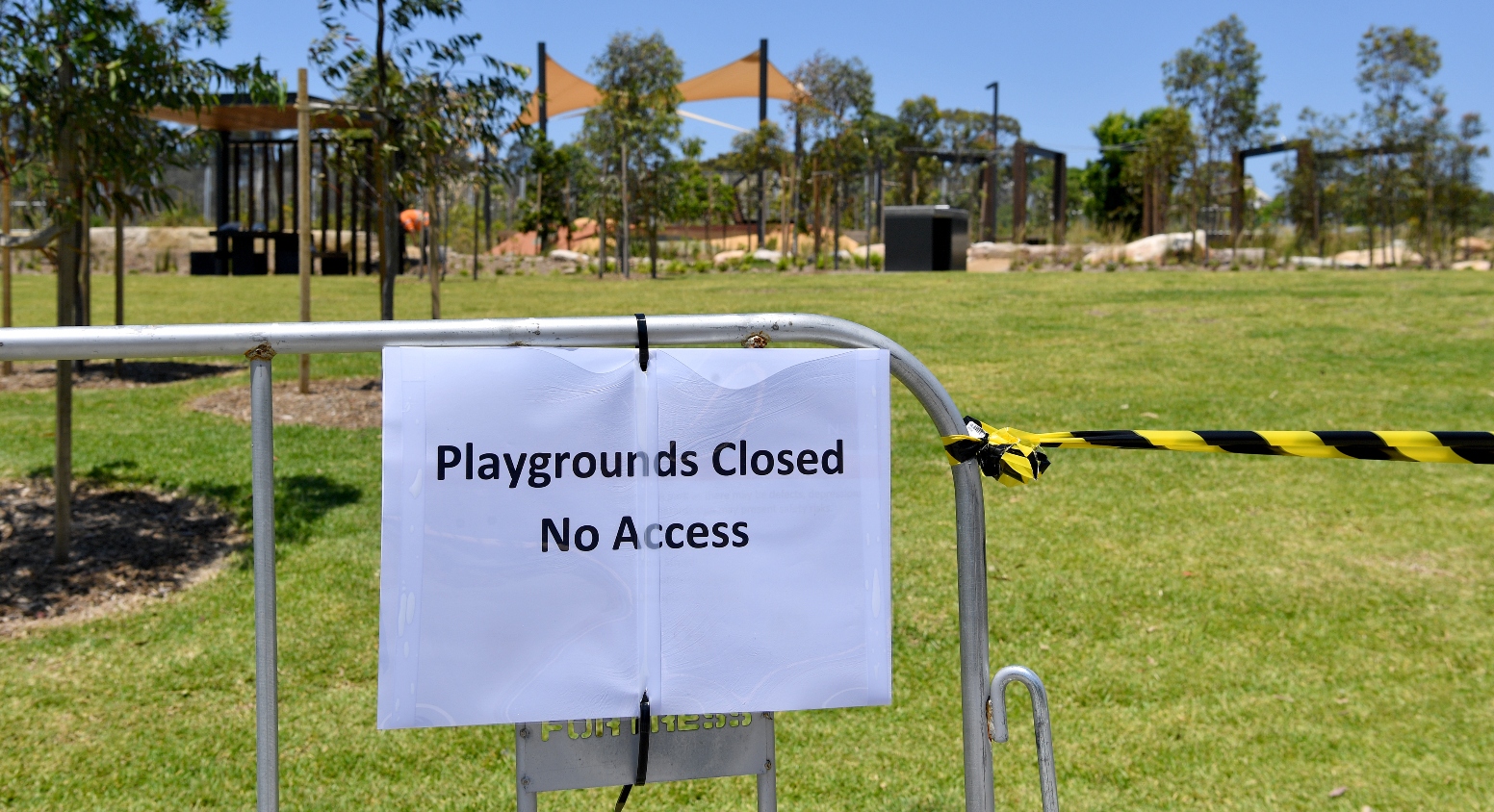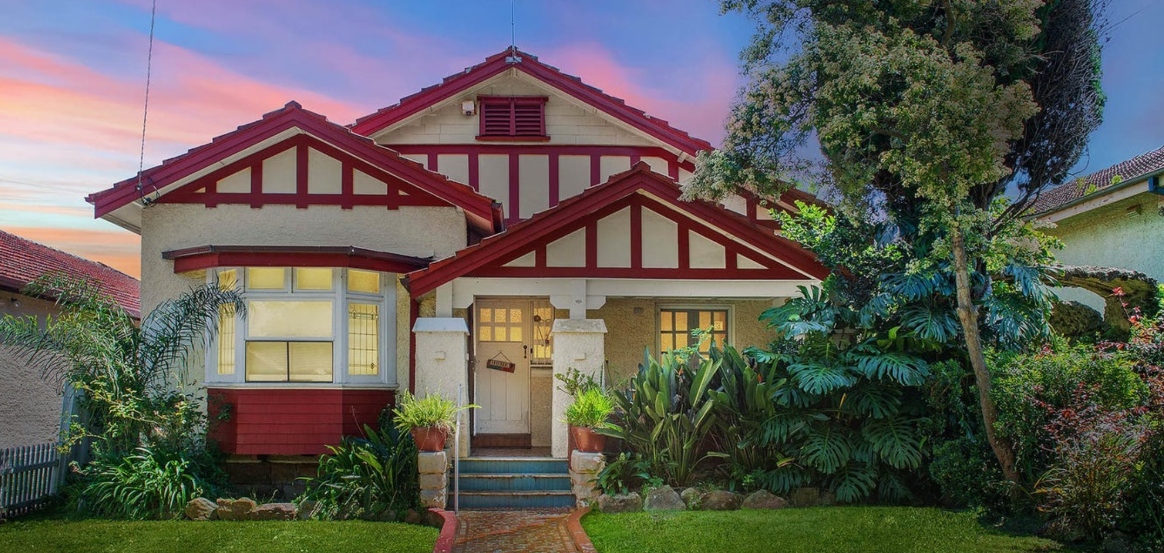
IPART approves Inner West council’s proposed minimum rates
By ALLISON HORE
In a decision which will leave many households out of pocket, the Independent Pricing and Regulatory Tribunal (IPART) have given the Inner West council’s proposed new rates structure the green light.
Under the approved plan, rates across the whole Inner West Council area will be harmonised to at least $850 a year for residents and $820 per annum for businesses.
The change comes as a result of legislative requirements for amalgamated councils, including the Inner West Council, to harmonise rates structures. Following the controversial council amalgamations in 2016, Inner West residents had been paying rates as laid out by the pre-amalgamation council area they fell in.
For Ashfield residents, this meant a base rate of $727 a year per household. The former Lecihhardt and Marrickville local government areas had minimum annual household rates of $686 and $710 respectively.
However, following IPART’s decision rates structures across the three pre-amalgamation council areas will be harmonised.
Rates will be calculated in proportion to property valuations supplied by the NSW Valuer General, with a consistent minimum rate of $850 per household across the whole council area.
According to the council’s calculations, on average, residents in the former Ashfield and Leichhardt council areas will see a decrease in the amount of cash forked out for rates, while those in Marrickville are likely to see an increase.
In the 2020 to 2021 financial year, the average Marrickville homeowner is paying around $765. Under the harmonised scheme, that amount will increase to $908.
Those owning residential properties of lower than average value in the former Leichhardt local government area will also see their rates increase significantly from around $686 to the minimum rate of $850. Those in the area with properties of average or higher than average value will see an 8 percent decrease in rates.
Community backlash
The path to rates harmonisation has stirred disharmony in both the community and council, with some residents left wondering why they should have to pay more when the level of service received by council would not improve.
Harmonising minimum rates will not change the total amount of income council receives from rates overall, only the way that income burden is distributed among the population.
When asked to provide feedback on the new structure over 1000 respondents said that they didn’t support the proposed minimum residential rate. Further, 75 percent of respondents didn’t support the new structure as a whole.
Despite the community opposition to the new rates structure, IPART found the Inner West Council’s proposal to be reasonable and to have fairly considered the needs and concerns of residents, as well as their legislated obligation to harmonise rates by July 1.
“We found that the council has carefully considered how best to ensure fairness and equity in levying and collecting MR across its community,” IPART said in their decision document.
“We also found that the council applied the correct interest rates on overdue rates. We also note that the council has a hardship policy to assist eligible rate payers to help manage their bills.”
But households whose rates are set to skyrocket shouldn’t worry just yet. Legislation passed in NSW Parliament this month will allow for an 8-year roll out of the harmonisation.




